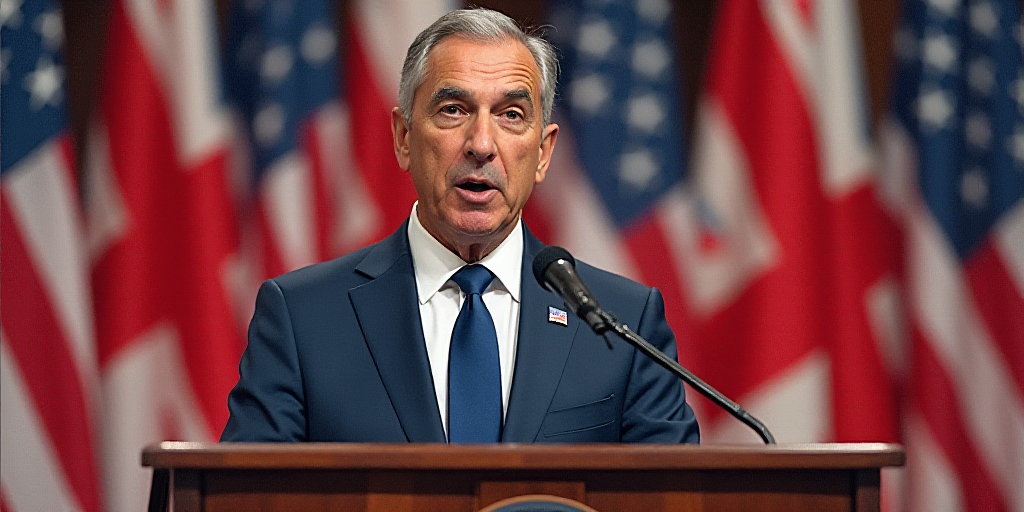Background on Lula and His Tax Proposal
Luis Inácio Lula da Silva, commonly known as Lula, served as the President of Brazil from 2003 to 2010. His administration is known for implementing social programs that significantly reduced poverty and inequality in Brazil. After leaving office, Lula maintained a strong influence in Brazilian politics and has been an advocate for progressive policies. In recent news, the Brazilian Supreme Court supported a proposed tax increase initiated by Lula during his presidency.
The Controversial Decree and Its Implications
In 2011, the Brazilian government, under President Dilma Rousseff (Lula’s chosen successor), issued a controversial decree proposing an increase in the Imposto sobre Operações Financeiras (IOF), a financial transactions tax. This decree targeted various financial operations, including credit, currency exchange, and private pension transactions. The proposed tax hike also affected “forfait” payments, which are advance payments to suppliers previously considered credit operations.
Congressional Response and Subsequent Legal Battle
The Brazilian Congress suspended the tax increase, leading to a legal dispute that eventually reached the Supreme Court. The main point of contention was whether the government could unilaterally raise taxes without congressional approval.
Supreme Court Ruling and Its Impact
On Wednesday, the Brazilian Supreme Court largely upheld the disputed presidential decree, with Judge Alexandre de Moraes ruling that only the proposed increase in the “forfait” tax would be reduced. This decision supports the government’s right to raise taxes, thereby increasing its revenue.
The Ministry of Economy welcomed the ruling, stating that it would help restore balance among the state’s powers. According to the Ministry, the full implementation of the decree would generate an additional BR12 billion (approximately US$2.2 billion) in government revenue for 2021 and BR31 billion (approximately US$5.7 billion) by 2026.
Key Questions and Answers
- What is the IOF tax? The Imposto sobre Operações Financeiras (IOF) is a financial transactions tax in Brazil that applies to various operations, such as credit, currency exchange, and private pension transactions.
- Who proposed the tax increase? The tax increase was proposed during Lula da Silva’s presidency, and the implementation attempt occurred under Dilma Rousseff’s administration.
- What was the legal dispute about? The dispute centered on whether the government could raise taxes unilaterally without congressional approval.
- What was the Supreme Court’s ruling? The Supreme Court largely upheld the disputed decree, allowing the government to increase taxes while reducing the “forfait” tax hike.
- How much revenue is expected from this decision? The Brazilian government anticipates an additional BR12 billion (approximately US$2.2 billion) in revenue for 2021 and BR31 billion (approximately US$5.7 billion) by 2026.






